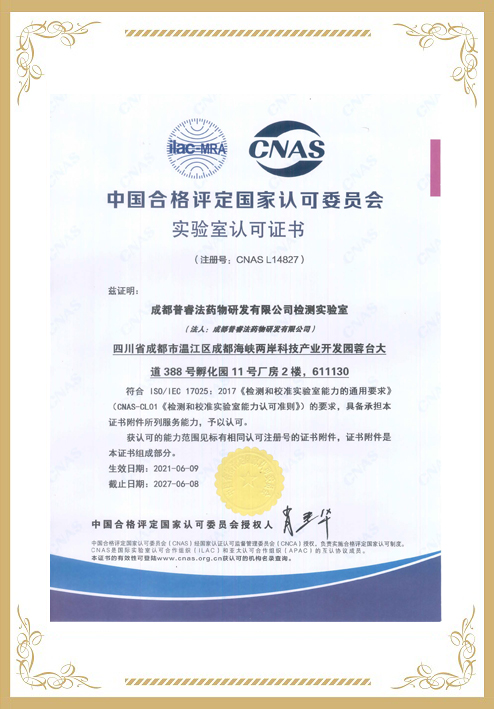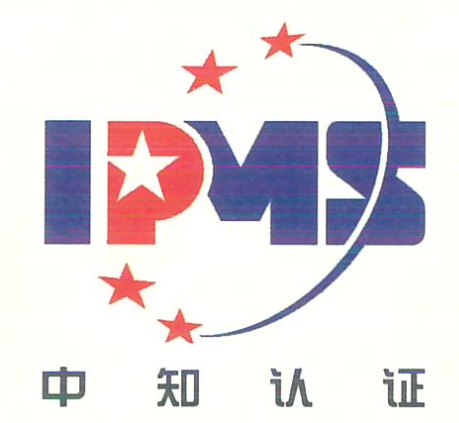Honey is a traditional food additive that can be used to preserve food, increase the flavour of food, and enhance the effect of some functional foods. Mulberry leaf is a popular tea, and it is also an anti-diabetic medicinal material. In the traditional processing of mulberry leaf tea, honey is a commonly used additive. This study used ultra-high performance liquid chromatography-tandem mass spectrometry (UPLC-MS/MS) to measure the changes in the contents of 11 components of mulberry leaves before and after processing using honey as an additive. We analysed the absorption and elimination characteristics of mulberry leaves before and after processing in diabetes in vivo models, and then compared the effect of mulberry leaves before and after processing in resisting hyperglycaemia and hyperlipidaemia damage in in vitro models. The results showed that honey, as an additive, not only improves the dissolution of mulberry leaves, but in diabetes models also increases the utilisation of some components. In an in vitro model, honey mulberry leaves could significantly reduce the apoptosis of vascular endothelial cells. This demonstrated that the traditional processing method using honey as an additive could promote the anti-diabetic effect of mulberry tea. So far, this is the first research report on the quality and role of honey as an additive in mulberry leaf processing.
Abbreviations: ML: mulberry leaves; HML: honey mulberry leaves; QC: quality control; HQC: high quality control sample; LLOQ: lower limit of quantification; LQC: low-quality control sample; MQC: medium-quality control sample; MRM: multiple reaction monitoring; STZ: streptozotocin























